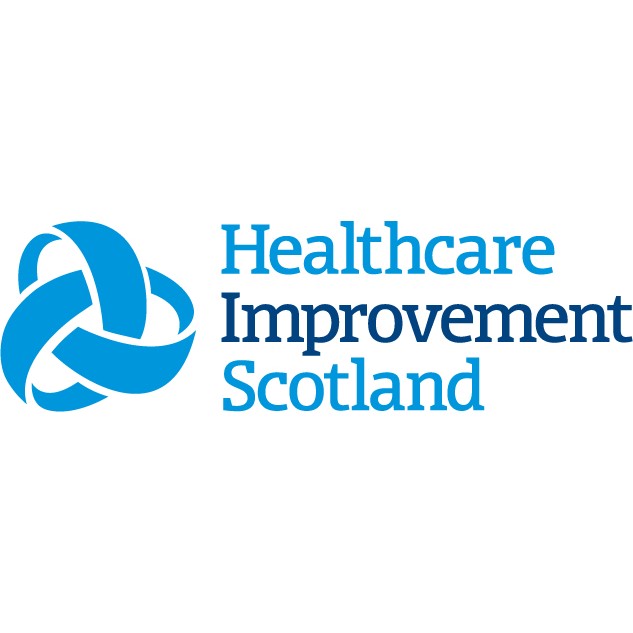Key policies, principles, rights and standards

The following policies, principles, rights and standards can be used to help provide high quality post-diagnostic support services.
Key policies, principles, rights and standards
Scotland's national dementia strategy 2017-2020
- This strategy by Alzheimer Scotland, COSLA and Scottish Government maintains a focus on improving the quality of care for people living with dementia and their families through work on diagnosis, including post-diagnostic support; care co-ordination during the middle stage of dementia; end of life and palliative care; workforce development and capability; data and information; and research. Crucially, within this strategy, there is a recognition of the importance of taking a person-centred and flexible approach to providing support at all stages of the care journey.
5 pillars model of post-diagnostic support
- This Alzheimer Scotland model sets out how people newly diagnosed with dementia should be supported
by a named professional delivering post-diagnostic support with respect to:- Understanding the illness and managing the symptoms
- Supporting community connections
- Planning for future care
- Planning for future decision-making, and
- Peer support.
8 pillars model of community support
- This Alzheimer Scotland model sets out a comprehensive and evidence-based approach to the integrated support of people with dementia living at home or a homely setting during the moderate to severe stages of the illness.
Connecting people, connecting support
- This Alzheimer Scotland framework is about AHPs in Scotland maximising their contribution to supporting people with dementia and their families, partners and carers to live positive fulfilling and independent lives. It features as one of the key commitments outlined in Scotland’s third National Dementia Strategy (2017-2020) and the Dementia and COVID-19 - National Action Plan.
In 2021, a new resource ‘Connecting you to support – practical advice by AHPs’ was published. The resource was developed by Allied Health Professionals in Lanarkshire. The resource aims to provide practical advice to support people to live well with dementia. Further helpful evidence based self-management resources are available at www.alzscot.org/ahpresources.
Charter of rights for people with dementia and their carers in Scotland
- This charter, developed by the Cross Party Group in the Scottish Parliament 2009, is guided by a human rights-based approach (known as the PANEL approach, endorsed by the United Nations). It emphasises the rights of everyone as below:
- Participate in decisions which affect their human rights.
- Accountability of those responsible for the respect, protection and fulfilment of human rights.
- Non-discrimination and equality.
- Empowerment to know their rights and how to claim them.
- Legality in all decisions through an explicit link with human rights legal standards in all processes and outcome measurements.
The essential 5 criteria bundle
- This Healthcare Improvement Scotland bundle clarifies the expected minimum level of personalised planning for the future care of people with dementia, supported by the designated post-diagnostic support practitioner delivering post-diagnostic support and involving carers, families and others close to the person. It is divided into the following five criteria:
- Person is at the centre of the plan
- Personal outcomes
- Person has ownership of the plan
- Personal resilience, and
- Plan is reviewed.
